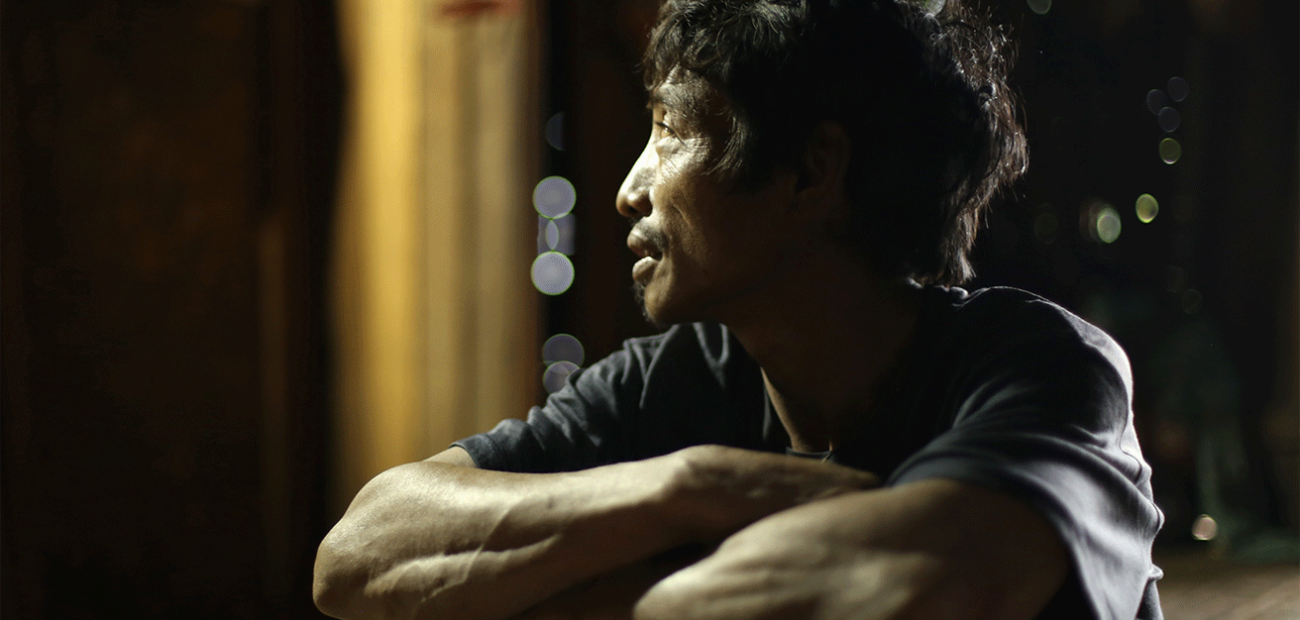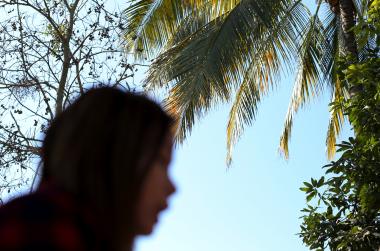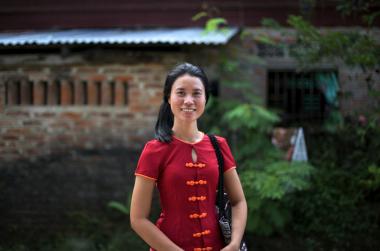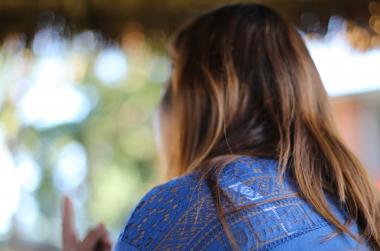The monkey, the deer and the bear are Hamang Kuipu’s constant companions. They haunt his thoughts as he sets out at first light, gun slung over his shoulder, heading for the cloud forests that cloak the Naga hills. In some three decades as a hunter he has become an expert in divining the moods and habits of wild animals; a preferred path, a favourite watering hole. He can spend days watching shadows twisting between the trees, as the forest rustles and shrieks under its mist-draped canopy. Occasionally he has a companion on these expeditions, but for the most part he is alone.
Hamang Kuipu, his wife and their five children now farm vegetables and rice to survive. But the wild animals that he carries home in bloody bundles from the hills play an intrinsic part of family life. Their skulls and jawbones line the inside of his simple wooden home, encrusting one wall with bone, teeth and horn. In life they had strayed fatally into the hunter’s sights, in death it is they who do the watching.
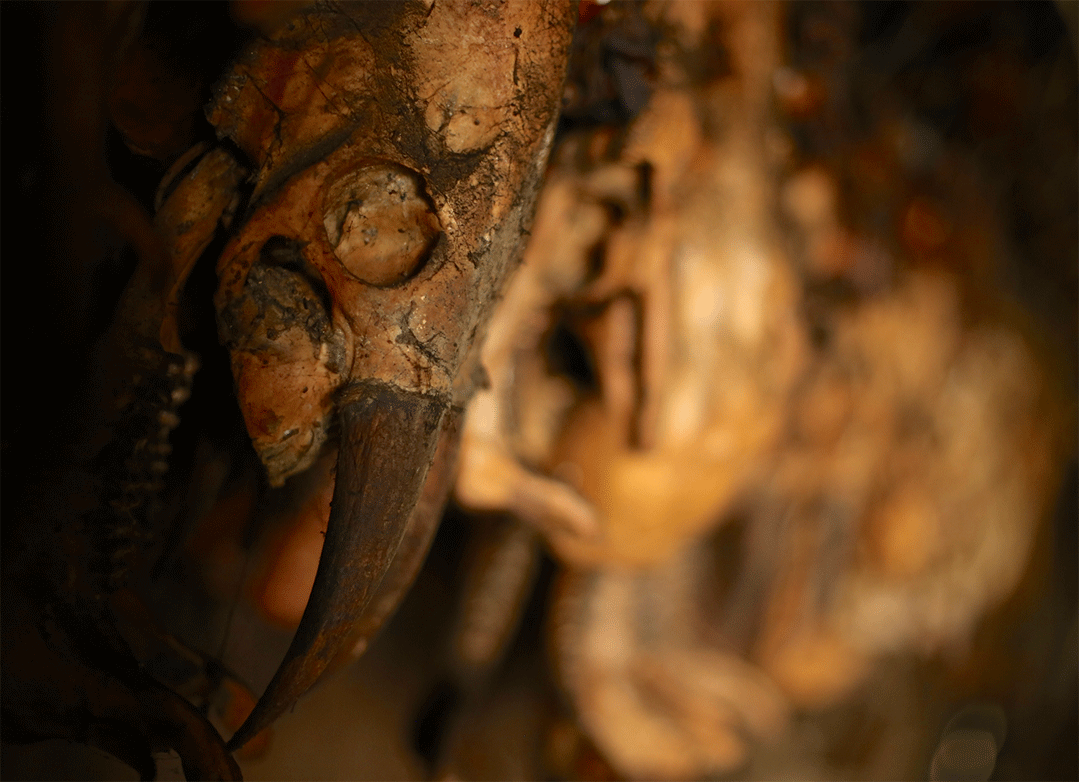
“Mountain goat, sambar deer, barking deer, wild boar, bear, monkey. All of them are here. There are no animals in this region that I haven’t hunted successfully,” Hamang Kuipu told us, grazing his fingers across the rows of bones decorated with eggshells hung from string.
“Our tradition is that we make offerings to the spirits with eggs and such to ask that we catch more animals in the future. After cooking the meat, you hang it up like this. You do this with every animal and you do it as soon as you get home.”

“I guess I’m over 40 now. There was no birth certificate. I didn’t go to school, so I can’t read anyway. But I was (born and) raised here. Even my grandparents and the generation before that were born here.
“I became a hunter when I was around 15. I would follow other hunters from my village and I would also venture out on my own. There used to be many hunters around.
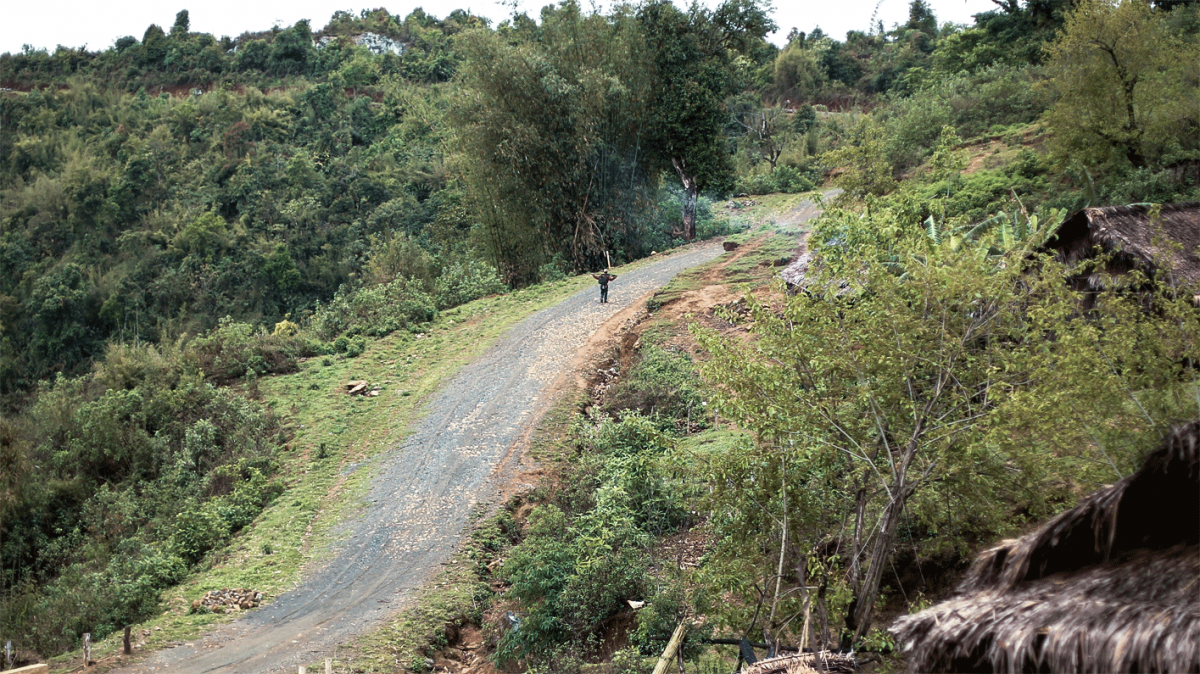
“If I was going into the jungle today, the food should be ready very early. After eating, I prepare the things I have to carry, like gunpowder or the gun. Sometimes you don’t sleep at all the night before and just work on getting everything ready.
“As a hunter, you want to stay until you get something. Even if we hadn’t brought any food, we’d still sleep in the forest.
“During summer and winter, we just sleep on leaves. All you need is water and fire. But in the rainy season, we find a good place to build a shelter. It’s just a simple hut for sleeping one or two nights.
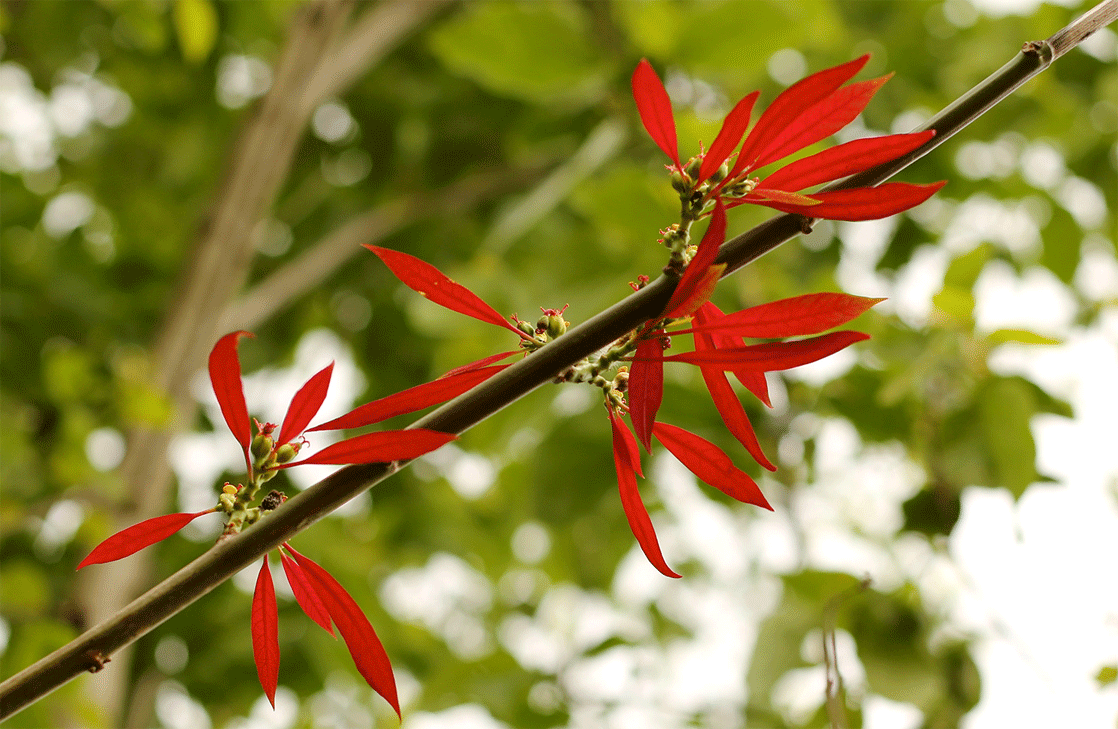
“When you first start you only get barking deer and monkeys. It’s only when you become more experienced that you start to get bigger animals.
“Regardless of what animal it is, if it doesn’t die from gunshot, then I’ll hack it with my knife. I’m not scared. It’s not dangerous. I’ve been a hunter since I was young and nothing has happened to me.
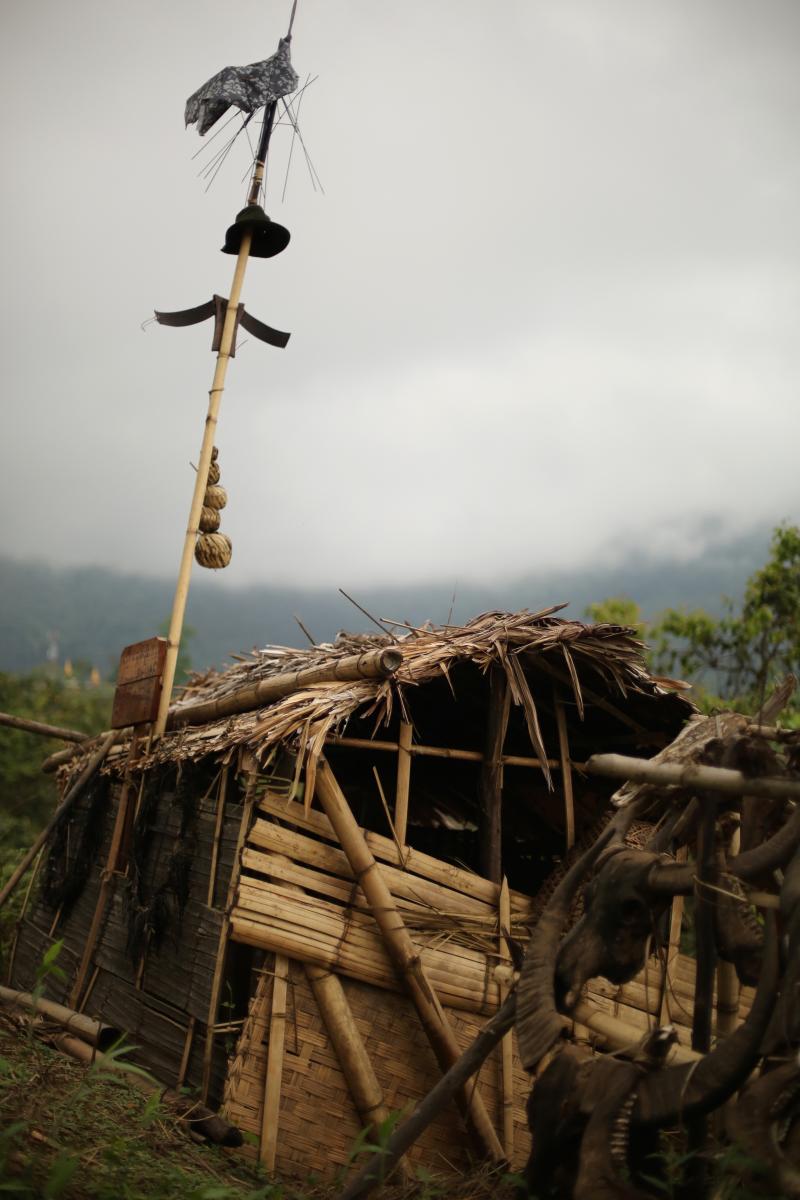
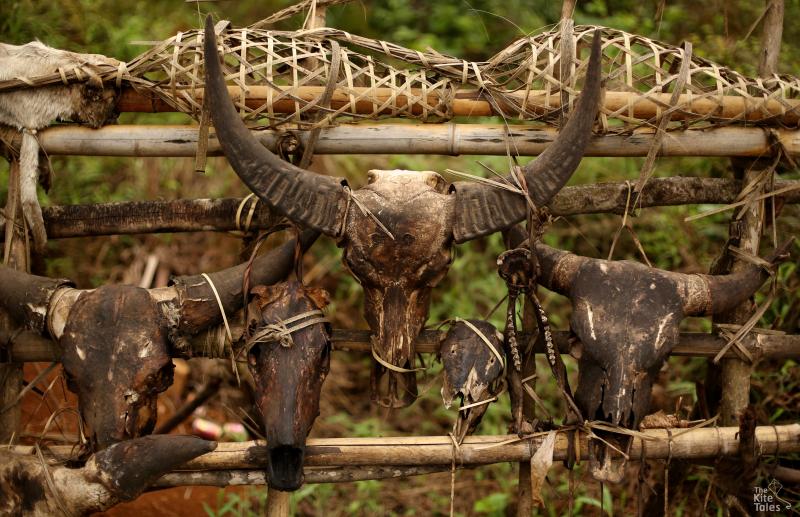
“I’ll keep doing this as long as I can.
“Of course I’ll teach my children, but whether or not they continue depends on them. My son is now 12. There are two older daughters above him. Sometimes my son follows me to the jungle when he feels like it.
“There are fewer and fewer animals. (Previously) no hunter came home empty-handed. But now there are many people, it’s not like before.
“It’s impossible for hunters (to survive) without doing at least a little farm work. I only started farming in the past one or two years. Before that I just worked as a hunter.”
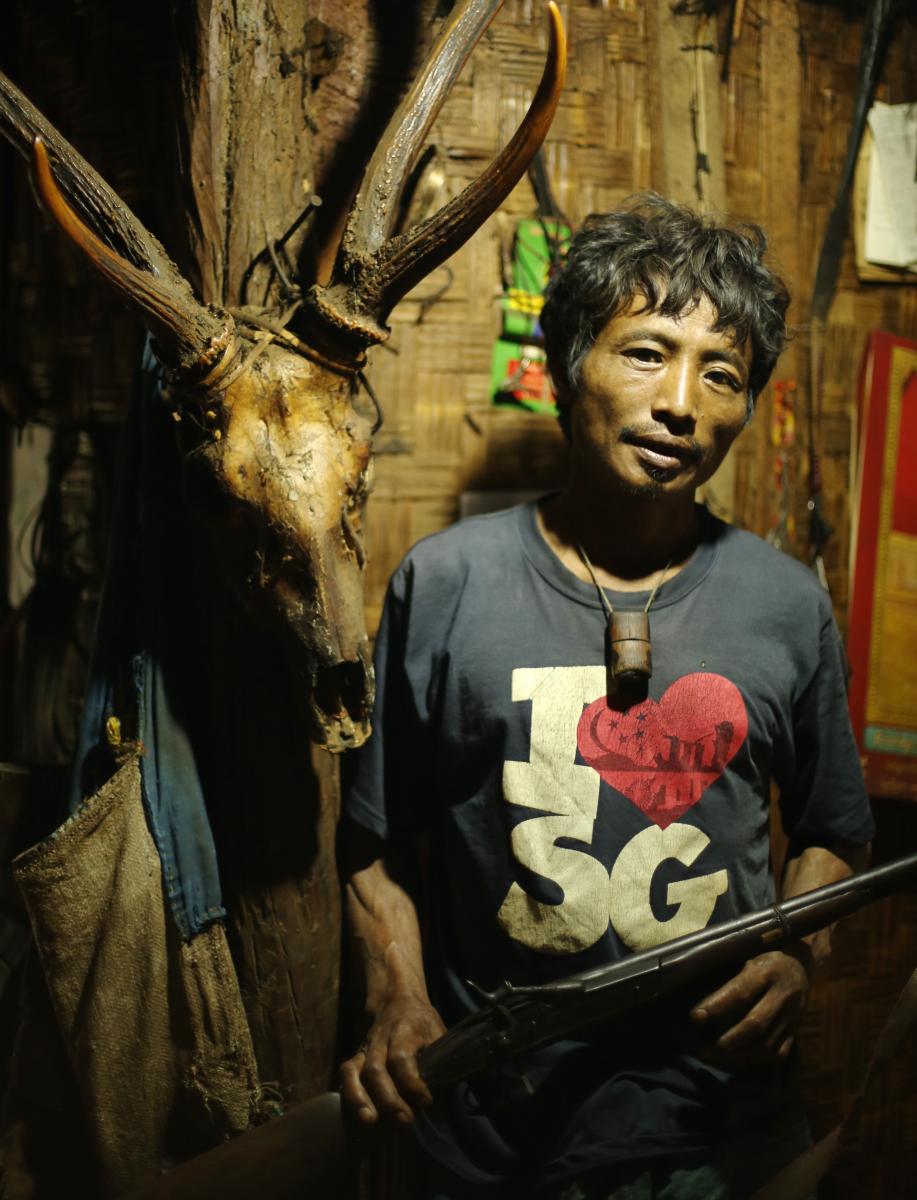
Asked what his most most precious possession was Hamang Kuipu immediately turned to the majestic sambar deer skull hanging on the wall.
“I’ve had this for about two years now. There are salt water holes where the deer come every night. I followed their tracks until I found them. It was night.
“They don’t run immediately when you shine your torchlight on them. I got this one with only one shot. It was as big as a buffalo. It was in the winter and it was cold.
“Sambar deer meat is rare, you sometimes only get it once a year. We ate some of the meat and sold some.
“It’s difficult to get these antlers. They’re only found in males and even then there aren’t many good ones.
“I’m keeping it because it’s beautiful. It’s also a charm to get more in the future.
“Whenever I’m in the jungle, all I think of is getting an animal. I’ll shoot whichever one I see, but you only meet the animal you’re destined to have.”
Interviewed April 2016

